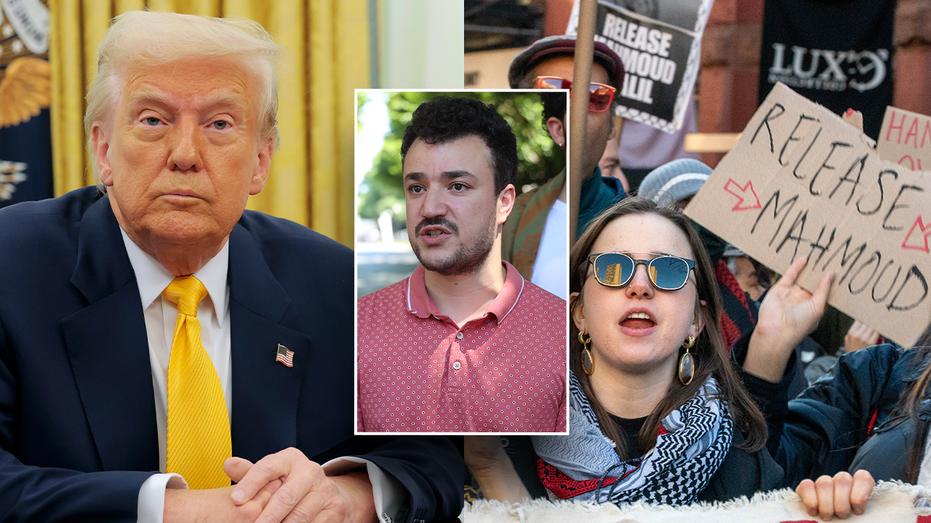Can the Trump Administration Deport Green Card Holders? Understanding Their Rights in the US
Federal officials have the authority to deport legal green card holders under certain circumstances.

The Trump administration has intensified its focus on immigration policy, particularly targeting international students holding student visas and permanent residents with green cards. While green card holders have long enjoyed the right to live and work in the United States — and are protected by U.S. law — recent policy shifts make it clear that these individuals are not immune from deportation efforts if they violate the terms of their residency.
According to the U.S. Citizenship and Immigration Services (USCIS), legal permanent residents can face removal from the country if they commit actions deemed “removable under immigration law.” Obligations for green card holders include obeying all federal, state, and local laws, paying taxes annually, and registering for the draft if male and between 18 and 25 years old. They are also expected to uphold democratic principles while residing in the country.
A variety of offenses may place green card holders at risk of deportation. These include, but are not limited to:
- Terminating conditional permanent resident status
- Knowingly assisting someone in entering the U.S. illegally
- Committing serious crimes such as rape, murder, or fraud
- Being convicted of aggravated felonies, drug or firearms offenses
- Engaging in criminal activities that threaten public safety or national security
Before deportation can proceed, however, the accused must appear before an immigration judge, who will consider the merits of each case individually.
The debate around deportation escalated after the high-profile arrest of Mahmoud Khalil, a Palestinian permanent resident and former student visa holder, who was a prominent anti-Israel activist at Columbia University. Homeland Security officials allege that Khalil led campus protests "aligned to Hamas, a designated terrorist organization." Following Khalil’s arrest, both Senator Marco Rubio and former President Donald Trump voiced strong support for deporting any green card holders suspected of supporting such groups, with Trump calling Khalil’s case “the first arrest of many to come.”
Khalil’s detention has drawn sharp criticism from Democratic lawmakers and advocacy groups, who argue that the administration’s actions constitute an assault on free speech rights. Senate Judiciary Committee Democrats described Khalil’s arrest as “straight up authoritarianism,” raising concerns about due process and the scope of executive authority. The case remains unresolved, as a federal judge in New York ordered a temporary halt to Khalil’s removal until the court reviews his circumstances more thoroughly.
Alongside green card holders, the Trump administration is pushing for stricter vetting procedures for international students. Efforts include tougher background checks and increased scrutiny of social media accounts for individuals applying for student and exchange visitor visas. The State Department recently announced a temporary suspension of visa interviews as it reviews these new security measures.
Senator Rubio reported to Congress that since January, the State Department has revoked thousands of visas, a marked increase from the 300 pulled earlier in the year. He emphasized that visas are a privilege, not a right, and signaled continued enforcement against students or other visitors who participate in activities deemed disruptive to higher education institutions.
These developments highlight the shifting landscape facing immigrants and visitors in the United States, where legal status now comes with heightened scrutiny and stricter adherence to federal policies and expectations. The situation underscores ongoing political divisions over immigration and the rights of non-citizens within America’s borders.




